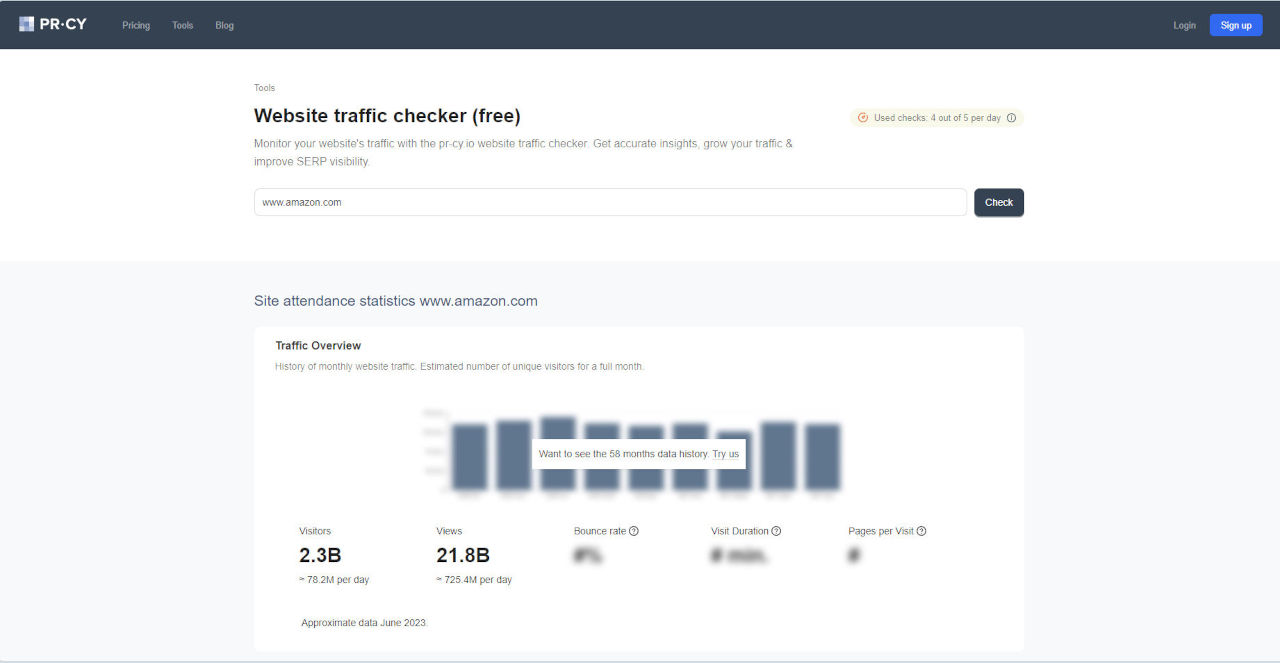Monitoring your website traffic is crucial whether you blog for fun, profit, or other reasons. Paying attention to your website’s traffic helps determine your actions and their value. Implementing effective marketing strategies to drive organic traffic is a great approach, but what’s truly important? Tracking analytics with tools such as site traffic checker is the key to understanding the effectiveness of your efforts and achieving better rankings.
Implementing Effective Marketing Strategies
It is crucial to assess the effectiveness of your marketing strategy. Continuously monitor the number of users visiting your website within a specific timeframe. This allows you to gauge the impact of your marketing efforts on website traffic. Something is amiss if the number of visitors remains unchanged despite launching a new campaign.
Know About What Your Visitors Like
It is crucial to understand the preferences of your website visitors and keep them engaged. Consider the following:
- Identify which pages users spend the most time on. Whether it’s a blog page, service page, or testimonials, tracking user interest is essential.
- Determine what could be more useful. If a particular page has a high bounce rate or visitors spend very little time on it, it indicates that improvements are needed.
By analyzing these factors, you can optimize your website for a better user experience and ensure valuable content for your targeted audience.

Check Where the Website Traffic is Coming From
By utilizing a range of analytics tools, you can effortlessly obtain precise data on your website traffic sources. It’s common for businesses to employ multiple advertising strategies, such as Facebook ads, PPC, and more. With this information, you can determine which platforms effectively drive engagement with your content and attract potential visitors.
Keep Evaluating Your Website
When monitoring your website, it is crucial to identify any technical issues or other problems. A web page with poor navigation or lacking a prominent call to action will result in a higher bounce rate. If a web page does not receive any views, it may indicate a broken link. Once you have identified these issues through website traffic tracking, you can address them to attract more organic traffic.
In conclusion, monitoring website traffic is not just about numbers. It’s about understanding your audience and their preferences and evaluating the effectiveness of your marketing strategies. Regularly checking your website analytics provides valuable insights to optimize your website’s content and technical aspects for a better user experience. Tracking is a continuous process; it doesn’t stop at identifying issues but extends to addressing them, refining strategies, and harnessing growth opportunities. By exploiting the power of data, you can make informed decisions that drive engagement and boost organic, targeted traffic to your website.
